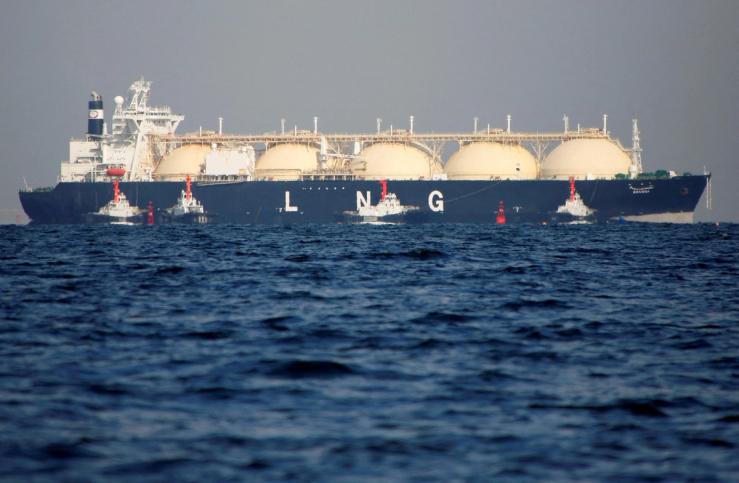The News
Workers at Chevron’s two liquified natural gas plants in Australia — which accounted for 7% of global LNG supply last year — escalated their strikes, union representatives said. Workers may soon go on a total strike or hours-long work stoppages ahead of a tribunal hearing. Meanwhile, a fault at one of the plants temporarily shut output by 25% on Wednesday. LNG prices have risen on the back of the strikes, while analysts are bracing for increased volatility in gas markets in the months ahead.
SIGNALS
While Chevron is betting on a swift resolution of the dispute in a tribunal, the market was appeased on Thursday at news that a major LNG export terminal in Texas is restarting after outages disrupted operations at the Freeport gas plant over the past week• 1 . To break the stalemate at its Australian facilities, Chevron has asked Australia's industrial relations tribunal, the Fair Work Commission, to intervene. The tribunal, which will hear the case on Sept. 22, is empowered under new laws to force both sides into an agreement• 2 .
The strikes in Australia, the world’s biggest LNG exporter, have raised fears of increased volatility in European gas markets ahead of winter. Around three quarters of Australia's LNG exports go to Asian buyers. Almost none go to Europe• 3 . But unpredictable supplies have put the market on edge. European gas prices jumped when industrial action got underway last week, despite Europe’s gas storage being almost at capacity. “We’re at 95% storage by the end of the year, we’re 50% storage by March next year. What does that mean? It means that we’ve got a pretty good buffer• 4 ,” the head of EMEA oil and gas equity research at JPMorgan said. “Now, if it gets really cold in winter… we do have a problem.”
Despite environmentalists urging Australia to wean its economy off fossil fuel exports, some have called on the government to encourage investment in the industry to shore up domestic and international supplies• 5 . Australia is already facing pressure on its energy supply as the government closes coal-fired power plants, with major buyers such as Japan raising concerns that their imports may be disrupted. “Without accelerated investment in both the exploration and production of gas, as well as in LNG infrastructure, Australia’s golden age of gas will soon come to an end• 6 ,” the head of Crystol Energy, an advisory firm, said.


